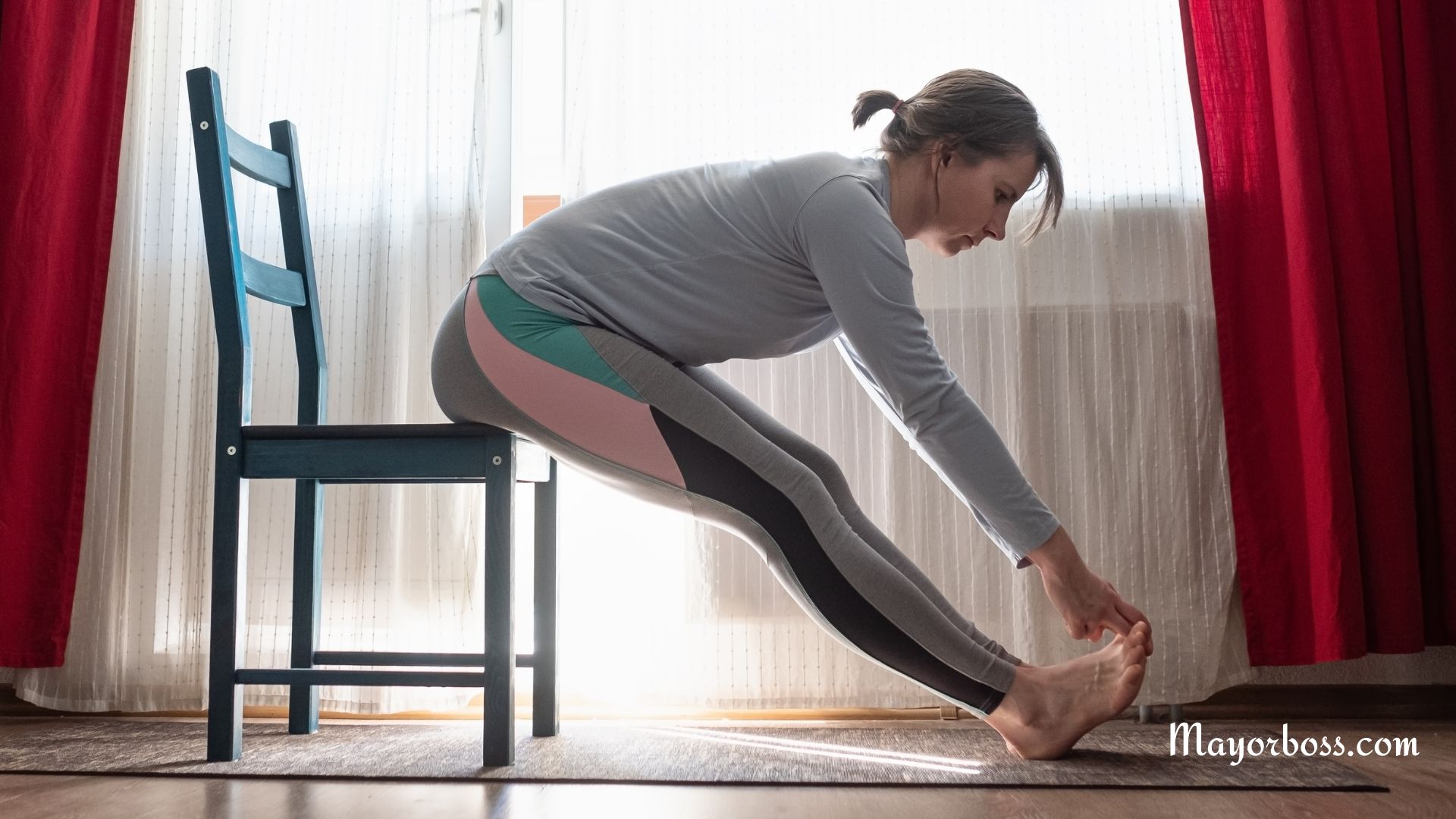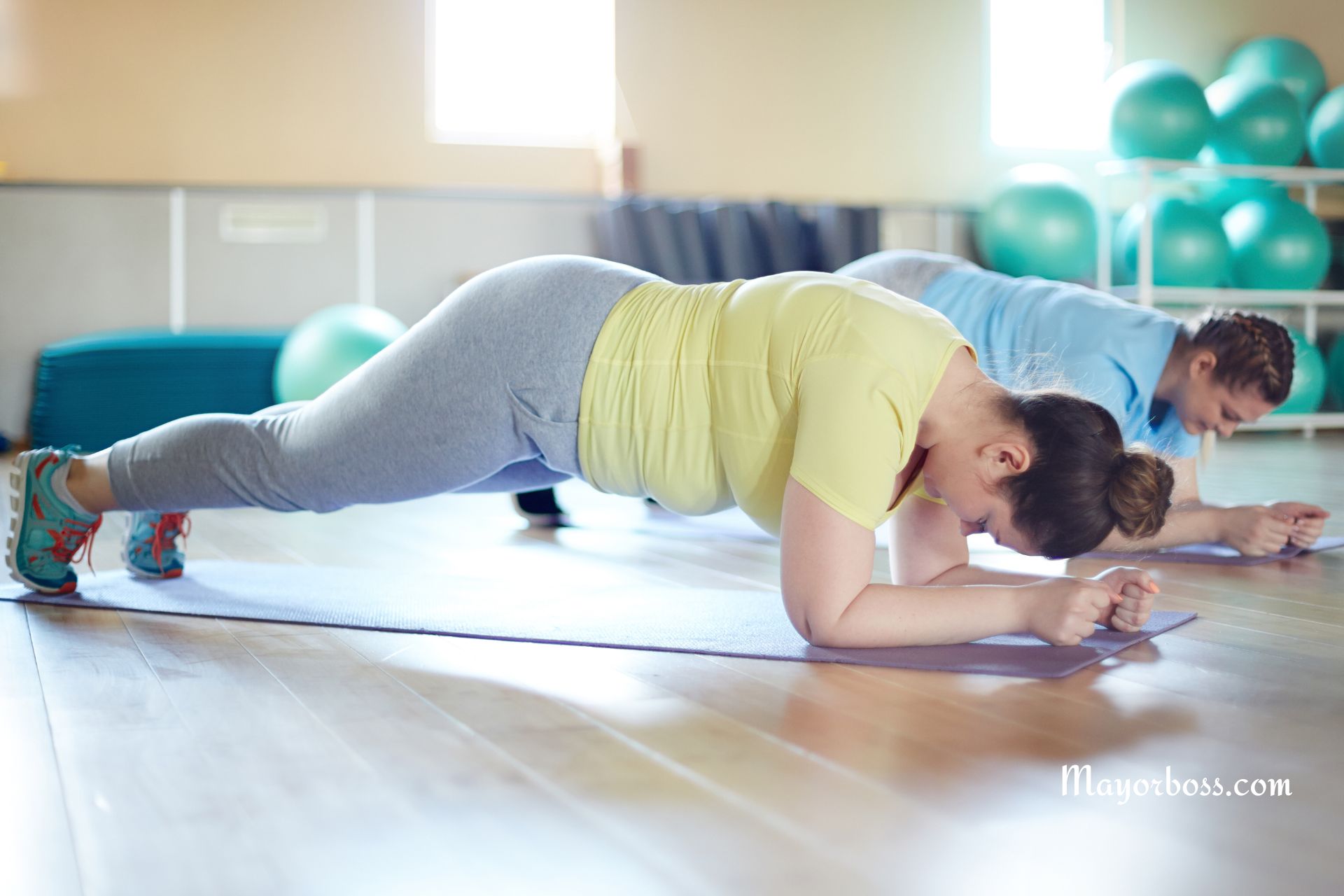Should You Work Out When You’re Sick?
When you’re under the weather, you might wonder whether exercising is a good idea. While light exercise can boost the immune system, pushing yourself too hard could make your illness worse. The type of illness, its severity, and your overall health are key factors to consider.
Listen to Your Body
Your body usually knows best. If you’re feeling low on energy and unwell, it might not be the best time to hit the gym. When you’re sick, your body is already working hard to fight off the illness. Adding the stress of a workout could slow down your recovery.
The Neck Rule
A general guideline is the “neck rule.” Symptoms above the neck, like a runny nose or a sore throat, often allow for light exercise. Yet, if you have symptoms below the neck, such as chest congestion or an upset stomach, it’s probably best to rest.

Light Exercise vs. Intense Workouts
Light Exercise
Research suggests that light exercise can actually help boost your immune system. Activities like walking, stretching, or yoga can increase blood circulation, thereby aiding your immune system in its fight.
Intense Workouts
On the flip side, intense exercise can suppress your immune system. Research has linked high-intensity training to a temporary decrease in immune function. So, if you’re considering a high-energy cardio workout or lifting heavy weights, you might want to reconsider.
Consider the Type of Illness
Viral Infections
If you’re dealing with a viral infection like the common cold or a mild case of the flu, light exercise might be okay. However, pay close attention to how you’re feeling during the workout.
Bacterial Infections
For bacterial infections, such as strep throat or a sinus infection, it’s advisable to skip exercise altogether. According to medical experts, working out with a bacterial infection can sometimes exacerbate the illness.
The Public Health Aspect
Bear in mind that exercising in a public space like a gym could put others at risk. If you’re contagious, you’re better off staying home to prevent the spread of germs. Even a simple jog in the park could expose others if you’re not careful.
Monitor Your Recovery
After you start feeling better, ease back into your routine gradually. Your body will need time to recover fully, so don’t rush into strenuous workouts right away. You can begin with light activities and monitor how you feel before returning to your usual intensity.
Conclusion
So, should you work out when you’re sick? The answer isn’t black and white. Pay attention to your symptoms, consider the type of illness, and consult a healthcare professional to make the best decision for you.
Frequently Asked Questions
Can I Do Cardio When I Have a Cold?
If your symptoms are above the neck—like a sore throat or runny nose—you might be able to engage in light cardio. However, avoid pushing yourself too hard. Intense cardio can suppress your immune system and might prolong your illness. Always listen to your body and consider scaling back if you start to feel worse.
Is It Safe to Lift Weights When I’m Sick?
Heavy weightlifting can be particularly taxing on your body. If you’re not feeling well, it’s best to skip this type of intense workout. Lifting heavy weights requires a lot of energy and can stress your already weakened immune system, potentially making your illness worse.
What About Group Fitness Classes?
If you’re contagious, it’s crucial to think about the well-being of others. Attending a group fitness class can expose others to your illness. Even if you’re feeling up to it, it’s socially responsible to skip the class and prevent the spread of germs.
Can Exercise Help Me Recover Faster?
Light exercise can boost your immune system and might help you recover more quickly from minor illnesses like the common cold. Activities like walking or gentle stretching can increase blood circulation, aiding your immune system in fighting off the illness. However, make sure you’re paying attention to how your body responds.
When Can I Return to My Normal Workout Routine?
After you’ve recovered from your illness, ease back into your workout routine gradually. Start with lighter activities and work your way back up to your normal intensity. Monitoring your body’s response will help you understand when you’re ready for more strenuous workouts. It’s also a good idea to consult a healthcare professional.






